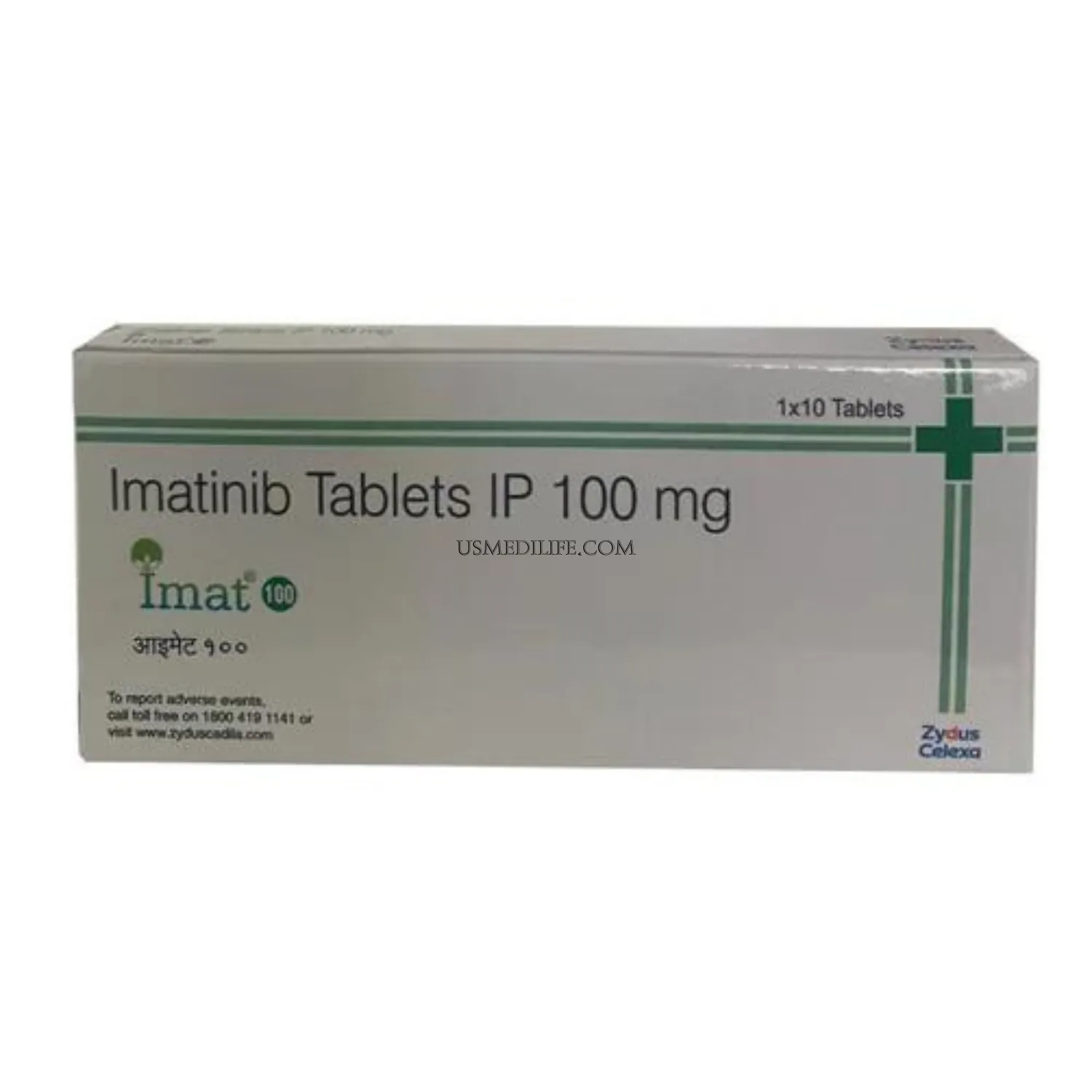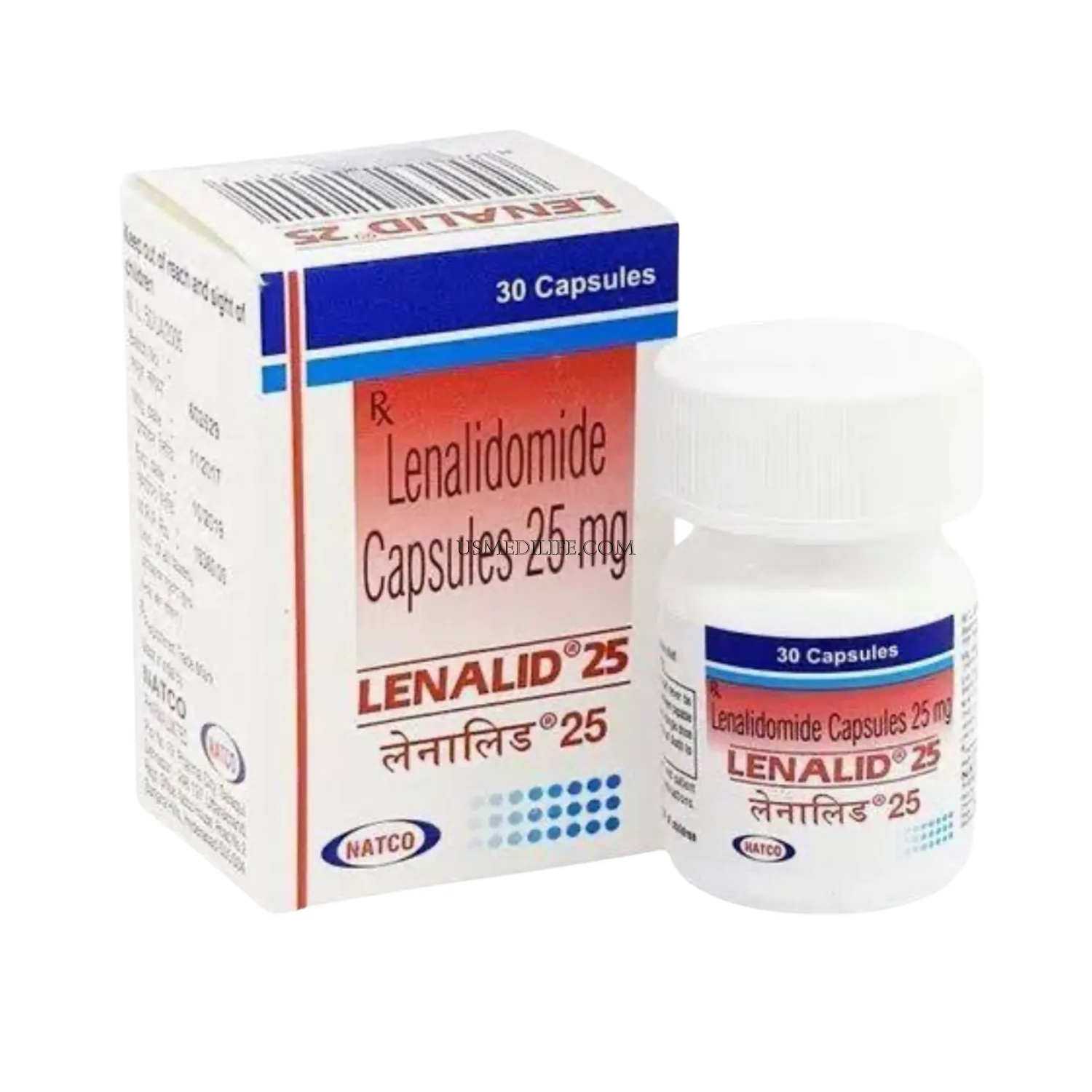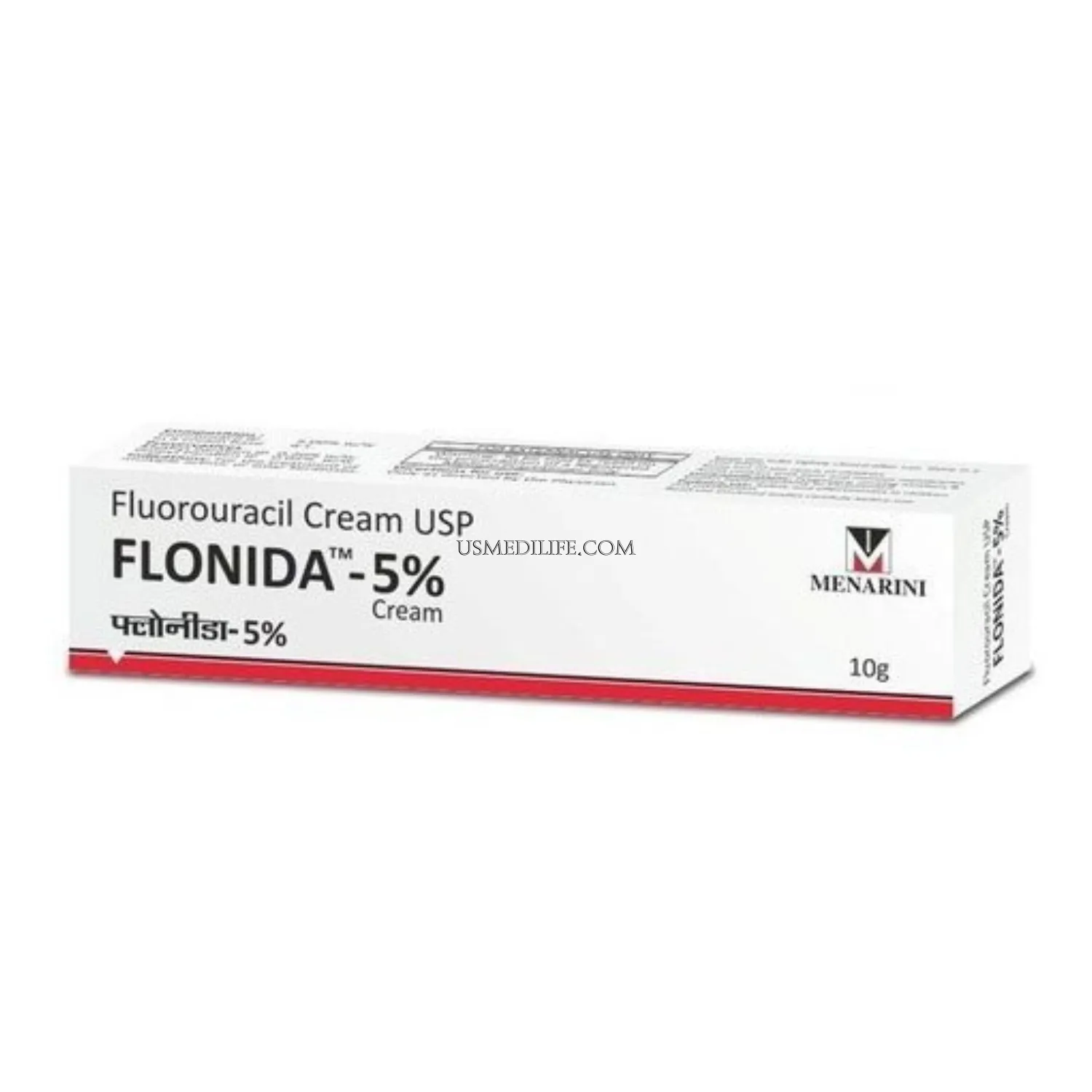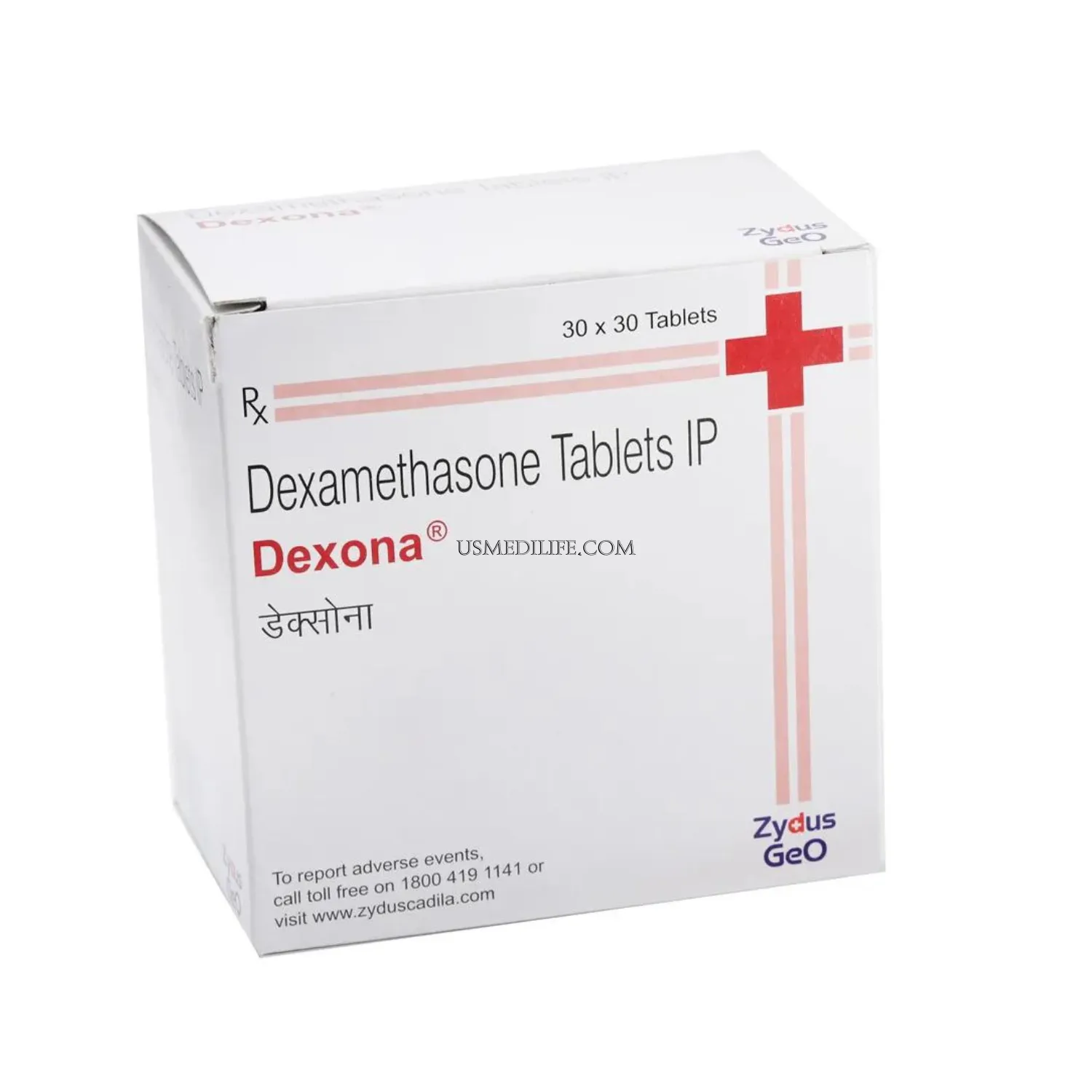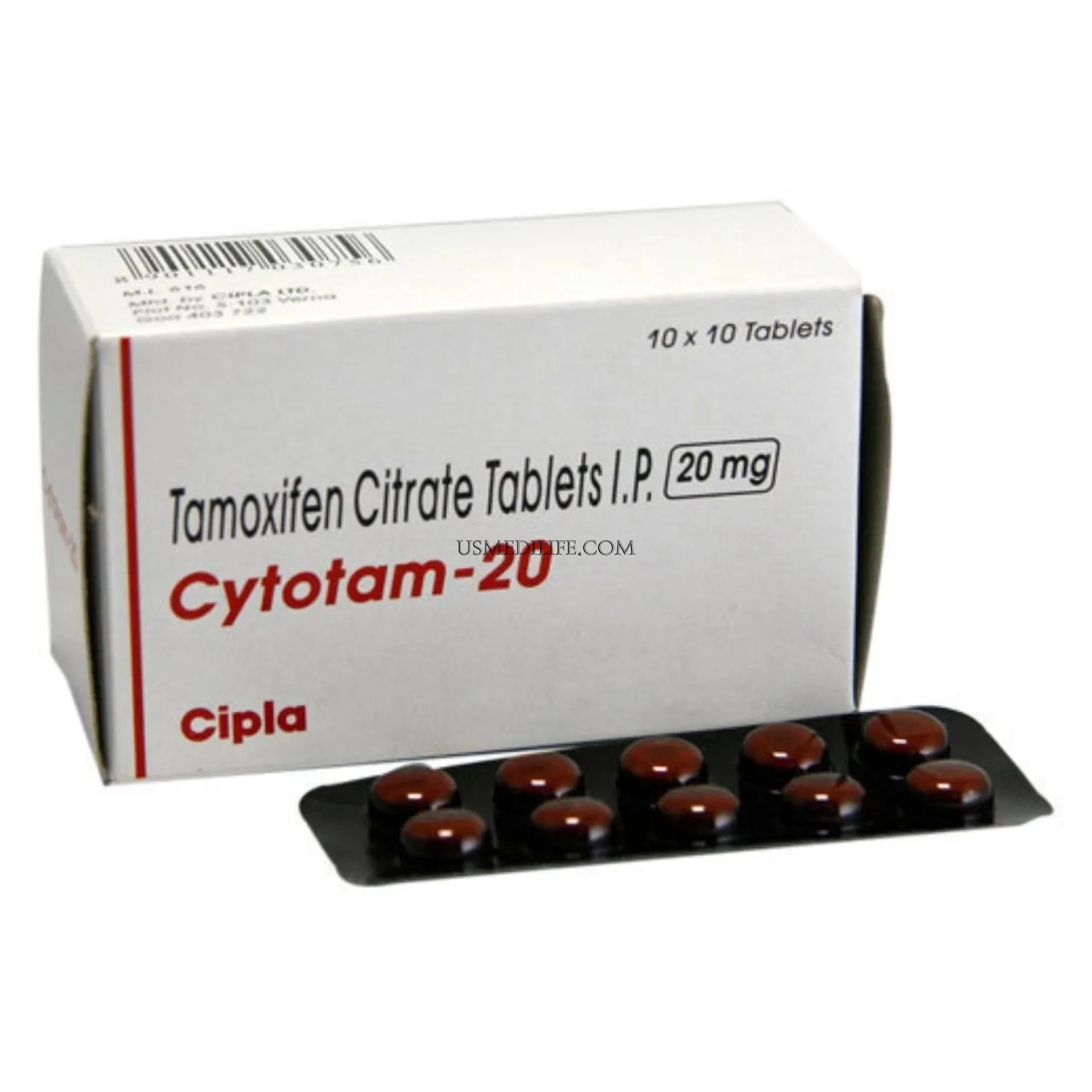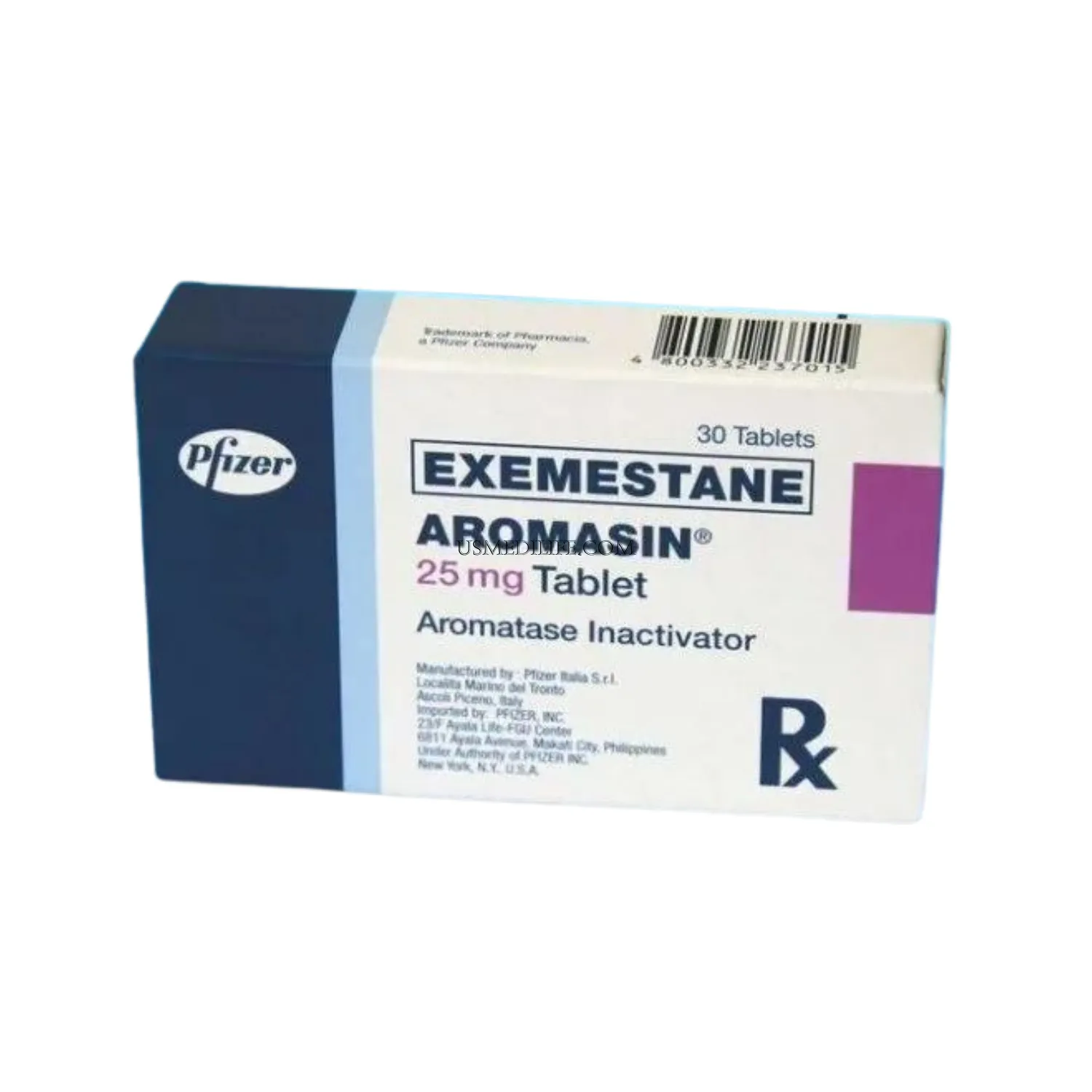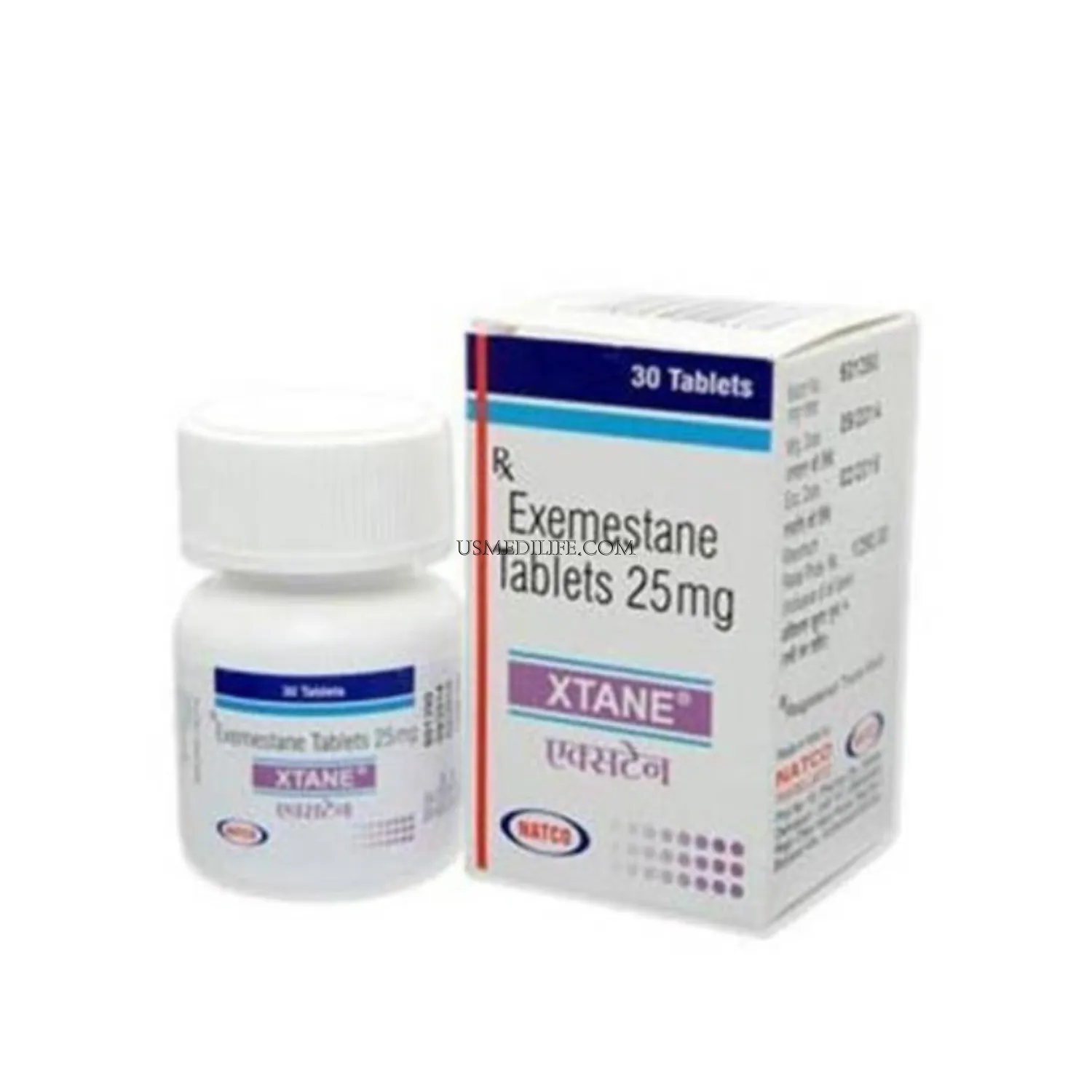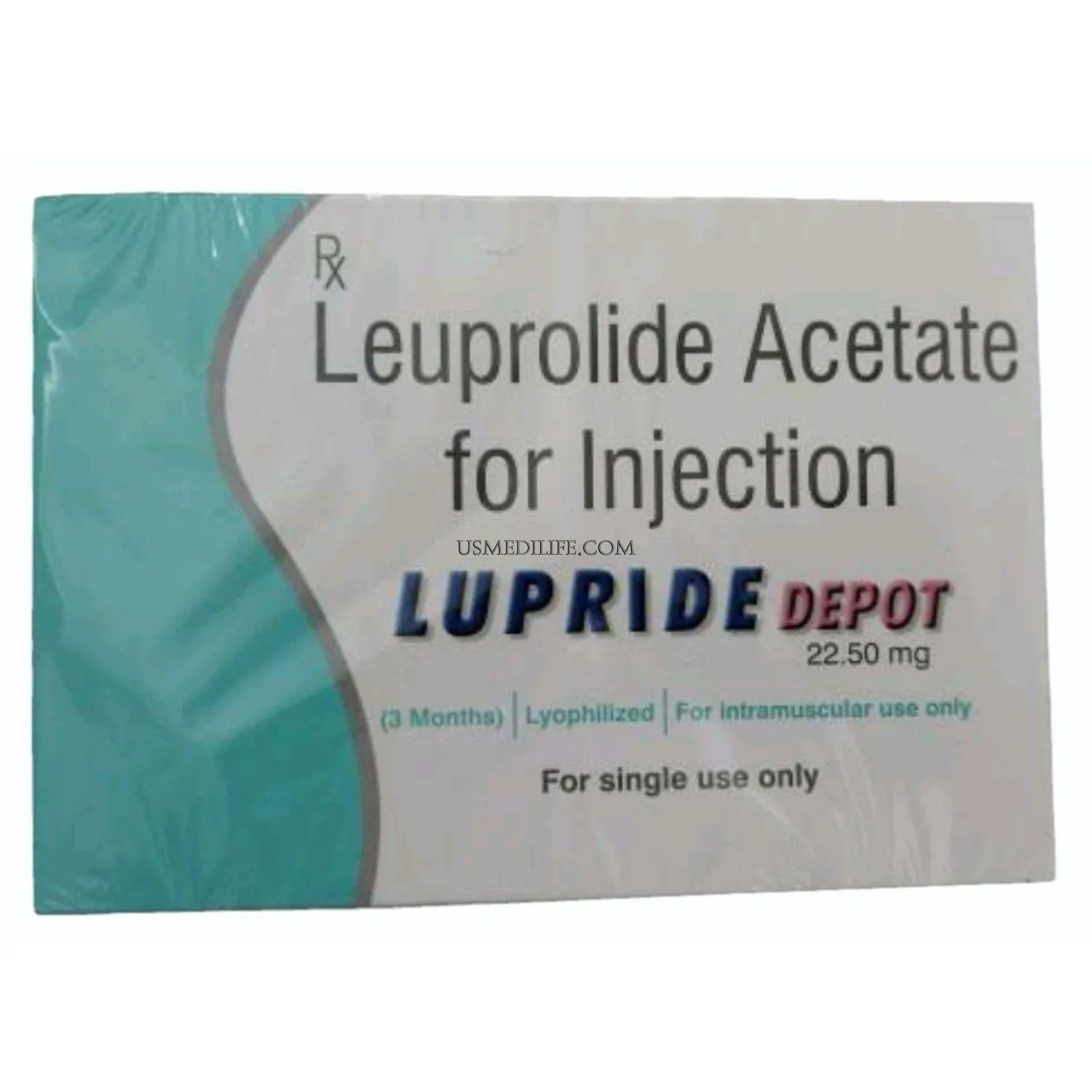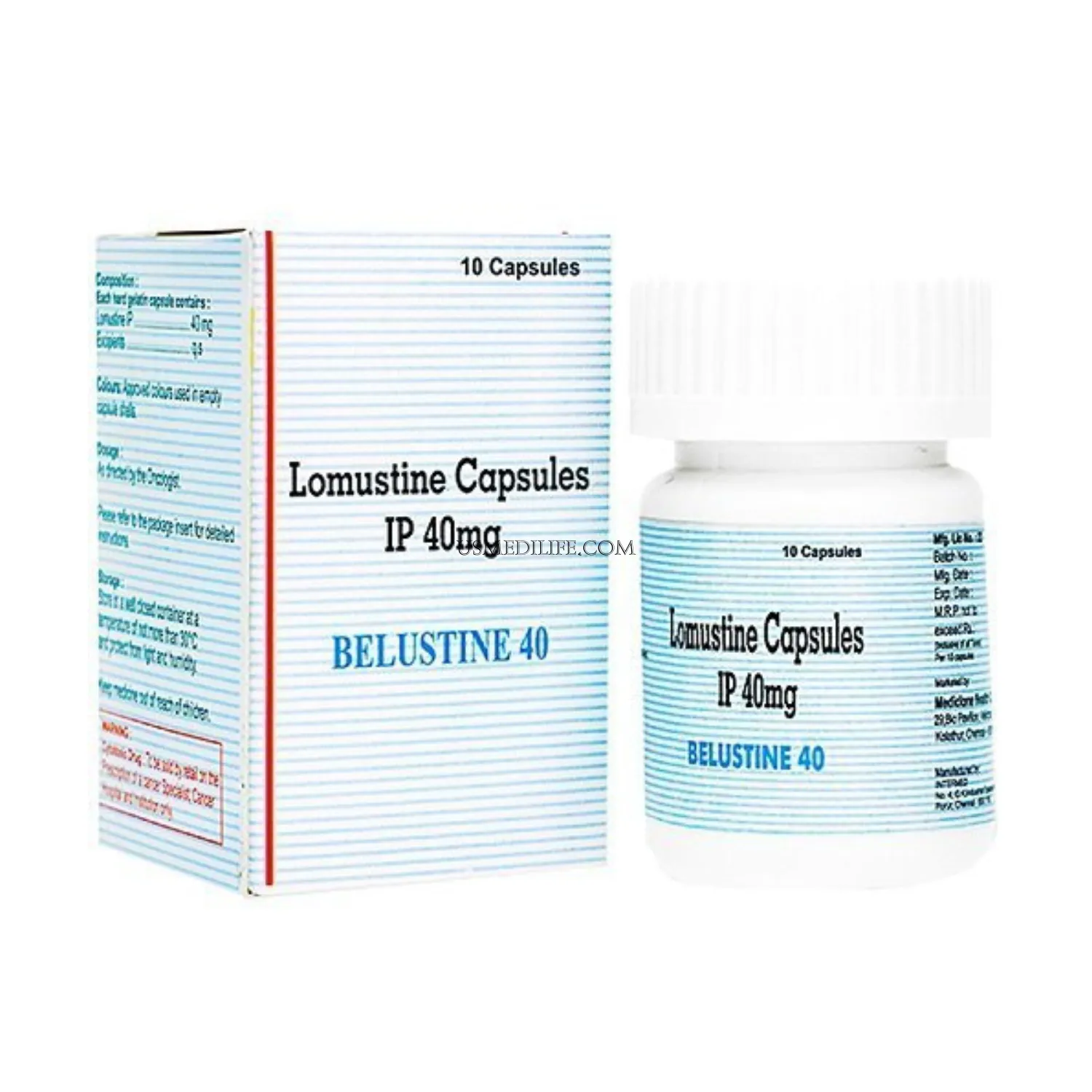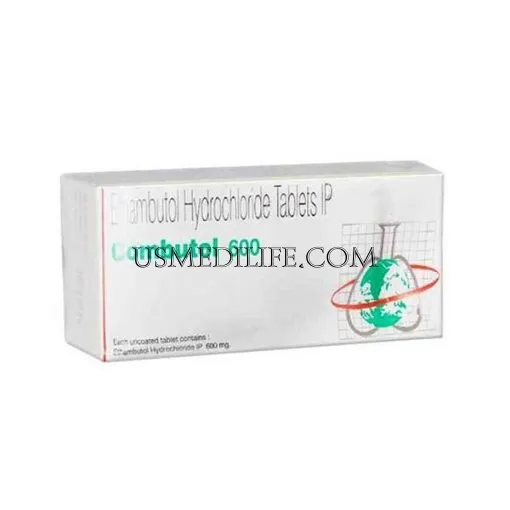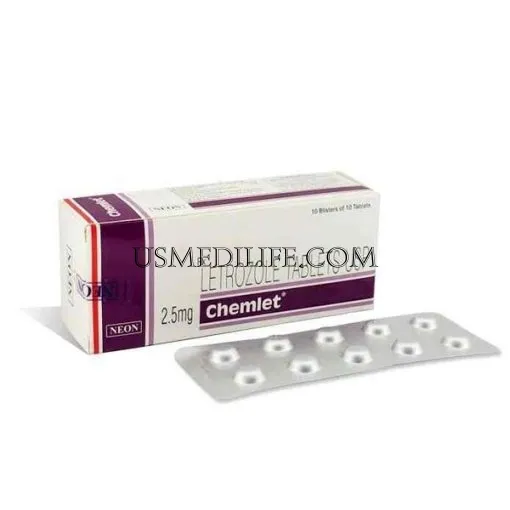Product Grid
Anti Cancer
What is Anti-Cancer?
The cancer medications manufacture and package for treating the entire diversity of cancer. Cancer occurs when cells grow uncontrollably, destroy healthy cells, and form a tumor. These drug types decrease the size of tumors or cancerous illnesses and provide a curative effect for their treatment.
Traditional cancer therapy regimens apply surgery, chemotherapy, radiotherapy, or a combination of the above. Anti-cancer medications aim at different types of cancer, including small cell lung cancer, cervical cancer, breast cancer, testicular cancer, osteosarcoma, lymphoblastic leukemia, myeloblastic leukemia, etc.
As mentioned earlier, cancer is an imbalance where cells of the body multiply continuously and evade the normal cell cycle, resulting in emer Cancer tablets can only slow down the disease struggle and halt cancer cell growth. To recover from cancer, choose cancer medicines for treatment and live not as an invalid.
Common Symptoms Of Cancer
Symptoms usually depend on the type of cancer and the part of the affected body. Some common symptoms of cancer include:
- Abnormal bladder changes
- Bowel changes
- breast changes
- swelling or unusual lumps
- Discomfort after eating (heartburn or indigestion that doesn’t go away
- Skin changes
- chronic headache
- stomach pain
- persistent body pain
- Fatigue
- fever or night sweats
- Cough or hoarseness that doesn’t disappear
- Sudden weight gain or weight loss
How Is Cancer Treated?
Many types of cancers are treated. However usually one, or a combination of treatments will be prescribed. There is a strong possibility that you will be enrolled into a clinical trial that involves the administration of the experimental medicine.
Treatments include:
- Biomarker Testing for Cancer Treatment
- Chemotherapy
- Hormone Therapy
- Hyperthermia
- Immunotherapy
- Photodynamic Therapy
- Radiation Therapy
- Stem Cell Transplant
- Surgery
- Targeted Therapy
As well, these medications may be accompanied by supportive therapies to treat the specific effects.Supportive treatments include:
treatments to cure existing infections and also decrease the chances of getting infected in future.
- Steroids
- Blood transfusions
- Bone strengthening treatments
People try complementary therapies, including massage and relaxation therapy, in addition to using conventional medicinal approaches. Complementary treatments do not assert themselves to be cancer but rather support traditional treatments.
Nevertheless, some people could use them to improve their fitness or enhance emotional well-being, or to alleviate symptoms and side effects. If you are considering this, make sure to inform your health provider. However, while standard therapy generally considers many of these treatments safe, some may eventually cause adverse reactions.
Through clinical trials, researchers develop treatment options to look for alternatives to the currently available methods, which are considered equally, if not more, effective.
These trials can involve testing a completely new medicine or researching better and safer ways to perform operations or approach a disease. The objective is to identify therapies that yield the most beneficial results while reducing the number of side effects.
What Are the Different Types of Surgery Used in Cancer Treatment?
Biomarker Testing for Cancer Treatment
Biomarker testing, sometimes referred to as molecular testing, is a technique that helps doctors learn about different substances unique to each patient. Utilizing biomarker testing can also be helpful for you and your oncologist when selecting a suitable cancer therapy.
Chemotherapy
Chemotherapy is a cancer treatment that involves introducing chemicals (drugs) into the body to eliminate cancer cells.
It is important to understand the basics of chemotherapy, including why it does not eliminate all cancer cells and why it causes side effects. Additionally, learn how it is used in conjunction with other cancer treatments.
Hormone Therapy
A treatment method, which can either stop or decline cell proliferation of breast and prostate cancers that use hormones for their growth, refers to hormone therapy. One of the different forms of hormone replacement therapy is side effects.
Hyperthermia
Hyperthermia heats up tissue of the body to as high as 113 °F, and It is considered a treatment for killing cancer cells with little or no harm to normal cells. The outcomes of the process are used for this purpose. Know about the cancers and precancers that undergo hyperthermia therapy, the way hyperthermia is given, and the advantages and downsides of its use.
Immunotherapy
Immunotherapy is a means of cancer treatment that enables the immune system to control cancer. This page informs you about immunotherapy and cancer subtypes, where to apply it, and what to expect during treatment.
Photodynamic Therapy
Photodynamic therapy is a type of treatment that destroys malignant and other abnormal cells using a drug that turns active with the aid of light. Get detailed information on the mechanism of photodynamic therapy, the types of cancer/premalignant lesions it can treat, its side effects, and its advantages and disadvantages.
Radiation Therapy
Radiation therapy is the most accepted cancer treatment that utilizes high doses of radiation to kill cancer cells and reduce tumors, in addition to surgery and chemotherapy. Become familiar with the types of radiation you will undergo. Find out why you may experience the side effects that you do and which side effects you are likely to face.
Stem Cell Transplant
Stem cell transplants replace diseased or damaged stem cells that grow into blood cells with those who have had theirs destroyed by chemotherapy or radiation therapy. Learn about the different kinds of transplants that are targeted for specific diseases, the side effects, and how stem cell transplants are used in the treatment of some cancers.
Surgery
Surgery is a procedure that happens in the operation room, where a surgeon removes cancer from your body. Know the different scenarios on how surgery is used in cancer and what to expect from each among pre-operative, intra-operative, and post-operative procedures at cancer treatment.
Targeted Therapy
Targeted therapy, a recognized thing in cancer treatment, is a type of treatment that narrows down its attack to changes in cancer cells that cause the reproduction, growth, and spread of cells. Many others cherish the day-to-day routine of cancer therapy and how it works against cancer, and they notice common side effects that might follow.
The Anti-Cancer Diet: Foods That Prevent Cancer
The American Cancer Society recommends following the guidelines announced as the US Dietary Guidelines, which state that you should eat 2½ to 3 cups of vegetables and 1½ to 2 cups of fruits daily (a total of 5 servings) to protect yourself from cancer.
An observational study followed 100,000 people for thirty years and provided advice for a diet with less red meat, which lowers cancer mortality as well as cardiovascular and respiratory disease morbidity. Recent studies also show that some plants, which may be included in an anti-cancer diet, have anticancer properties.
When you are in the grocery store aisle or at the dinner table, the foods you choose may not necessarily prevent cancer. However, they may decrease your risk of complications. Consider these anti-cancer diet guidelines:
Eat Plenty Of Fruits And Vegetables
Fruits and vegetables are good sources of vitamins and nutrients that can counteract or prevent some types of cancer risks. Eating a diet rich in plant-based foods is also a way to stick to a low-sugar diet. Instead of processed and sugary snacks, choose fruits and vegetables as your snack option.
Consider a Mediterranean diet: The Mediterranean diet, which mainly consists of vegetables, fruits, whole grains, legumes, and nuts, may help prevent cancer. People who follow this diet prefer olive oil over butter and fish over red meat, as these foods contain substances that fight cancer.
Eat more tomatoes
Research evidence shows that lycopene or tomato contains more potent antioxidant capacity than vitamin E, beta-carotene, and alpha-carotene. Lycopene is a 'cancer-fighting food' that has prevention properties against certain cancers such as prostate and lung cancers. Remember to boil the tomatoes, which liberates lycopene from the skins and allows it to be absorbed into your body.
Use olive oil
In the countries with the meridional zone, people commonly use this unsaturated fat as cooking oil and salad oil, and it can be good for fighting cancer. The Med countries have a 50 percent lower rate of breast cancer compared to the United States.
Snack on grapes
Red grapes contain seeds that are the source of a class of antioxidants called activin.
Render garlic and onions in plentiful amounts
Research studies have proved that garlic and onions have the ability to inhibit nitrosoamine formation. Nitrosoamine molecules are very powerful as they create many sites for cancer development in the body, including the liver, breast, and colon. The more pronounced the garlic or onion odor, the higher the concentration of sulfur oxides, which contribute to cancer prevention.
Eat fish
Fatty fish (e.g. salmon, tuna, and croakers) contain omega-3 fatty acid, which is linked with a reduced risk of prostate cancer. Include fish in your anti-cancer eating plan even if you are not fond of it yet. Another way to obtain omega-3s is by including flaxseed in your diet.
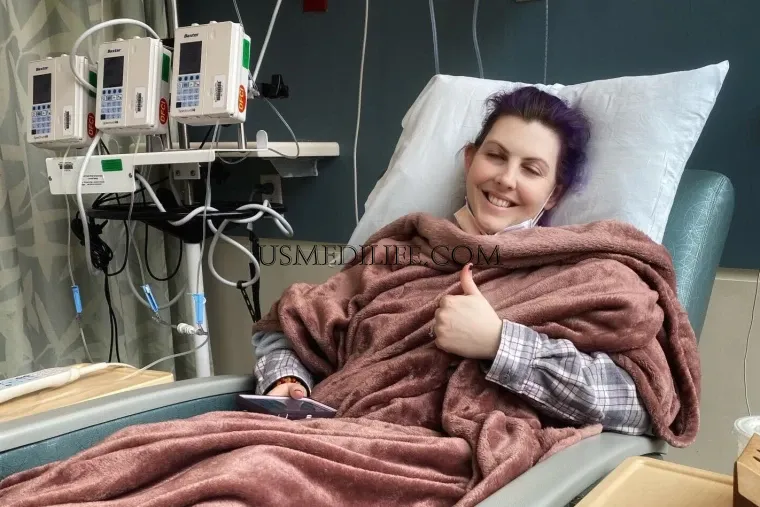
SUGGESTION FORM
PRODUCT REQUEST FORM
